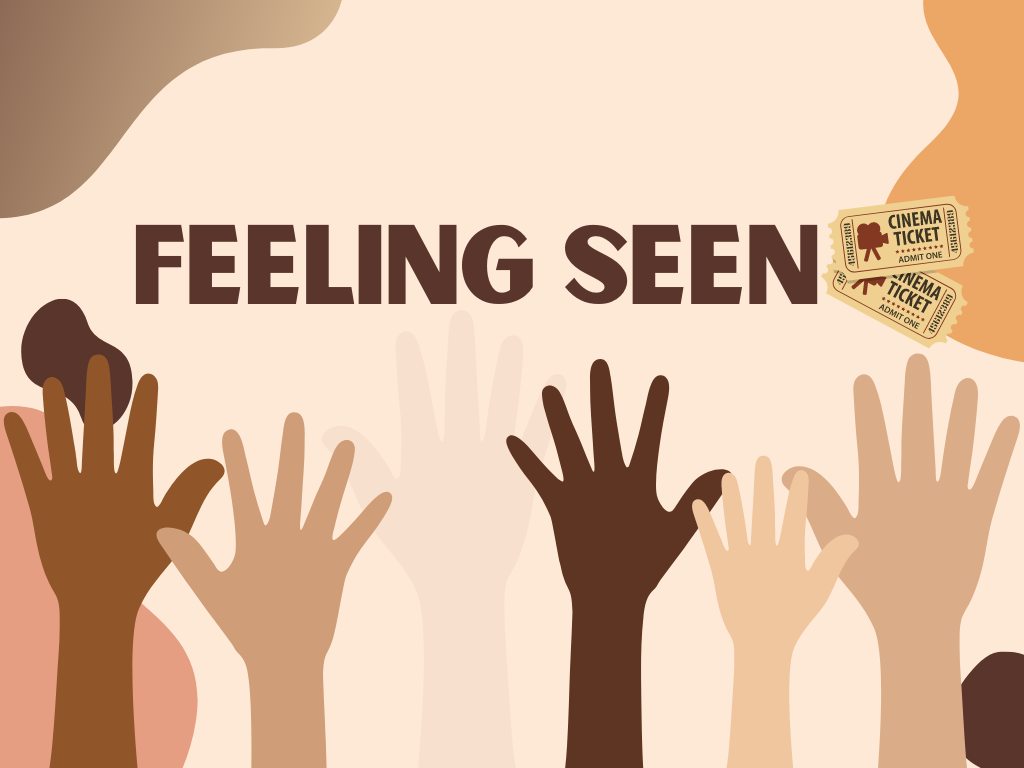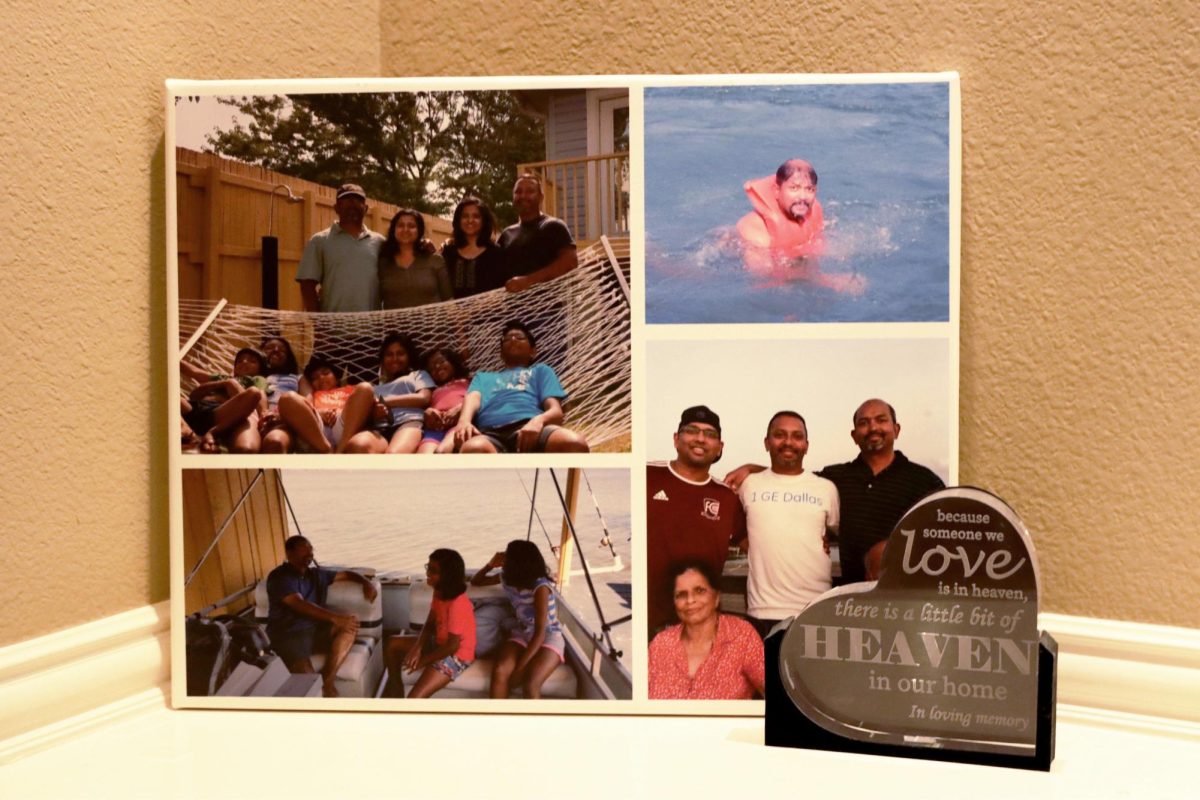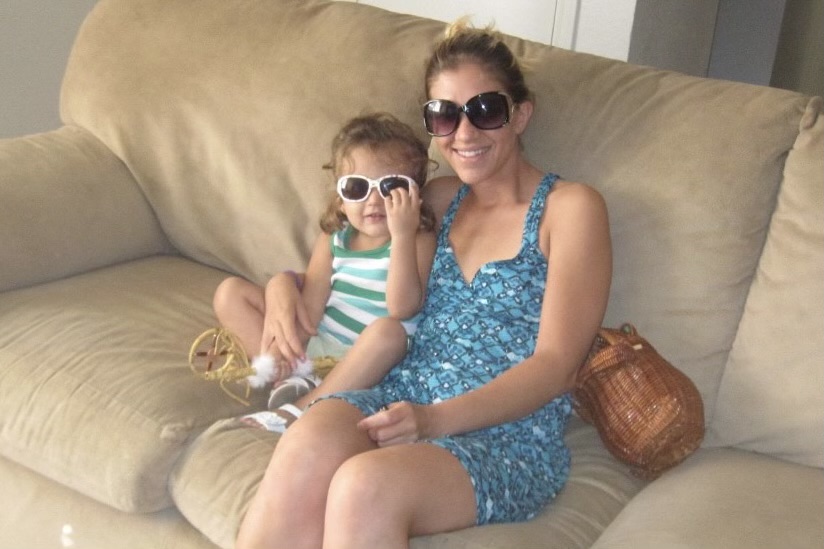I have always loved watching movies and TV shows.
The feeling of being immersed within the world one is experiencing through the screen is like no other. I have frequently found myself with the desire to be there alongside the characters in a movie or show I’ve been watching. For most, the closest way to experience that feeling is by trying to see themselves in a character within the show — a character that makes someone feel truly represented.
But not everyone has found a character they can see themselves in; I know I haven’t.
I didn’t grow up seeing relatable representations of myself in shows or movies from my childhood. If there was a South Asian character, they were portrayed as nerds or kids that are made fun of. I never got to see someone who looked like me play a character that was considered “cool.”
I wanted to be exactly like the people I saw on the screen, but, deep down, I thought I couldn’t.
In order to prevent upcoming generations from feeling the same way, there has been an increase in representation and inclusivity in the entertainment industry. This is a step in the right direction and will make a notable difference, but it must be executed well.
An unsuccessful attempt at accurately bringing diversity to the screen would be a show that I grew up on, “Jessie.” The character of Ravi (Karan Brar) was portrayed as the smart Indian kid who was a little weird and quirky. I rarely got to see any other side to him. Similar shows have done a disservice to the industry. While they make for great entertainment and create core childhood memories, they also play a big part in harmful stereotypes being widely accepted in TV shows or movies.
Making TV shows enjoyable shouldn’t come at the price of seeing accurate representation for the characters and actors included.
Shows like “One Day,” “Never Have I Ever” and “Bridgerton” have done a good job at being inclusive. These shows made it feel as though the characters were made for and personalized to suit the actors who were playing the roles, instead of them being thrown into playing characters they don’t identify with. The roles feel thought out and crafted with the intent of being more inclusive.
These pieces of media have helped alleviate some of the stereotypes that come with South Asian characters in movies or TV shows. After being showcased as “nerds” or “the best friend” for so long, I finally get to see myself in the light as main characters — characters that are considered “cool” and attractive enough to get the guy.
It’s shows like these that make me feel seen and appreciated for who I am, and not what others perceive me as.
While there has been more diversity within the entertainment industry, the only thing that will truly make a difference is more positive representation. Hopefully, the next group of kids, no matter what their background, will truly get the chance to find themselves within a character on the big screen.









